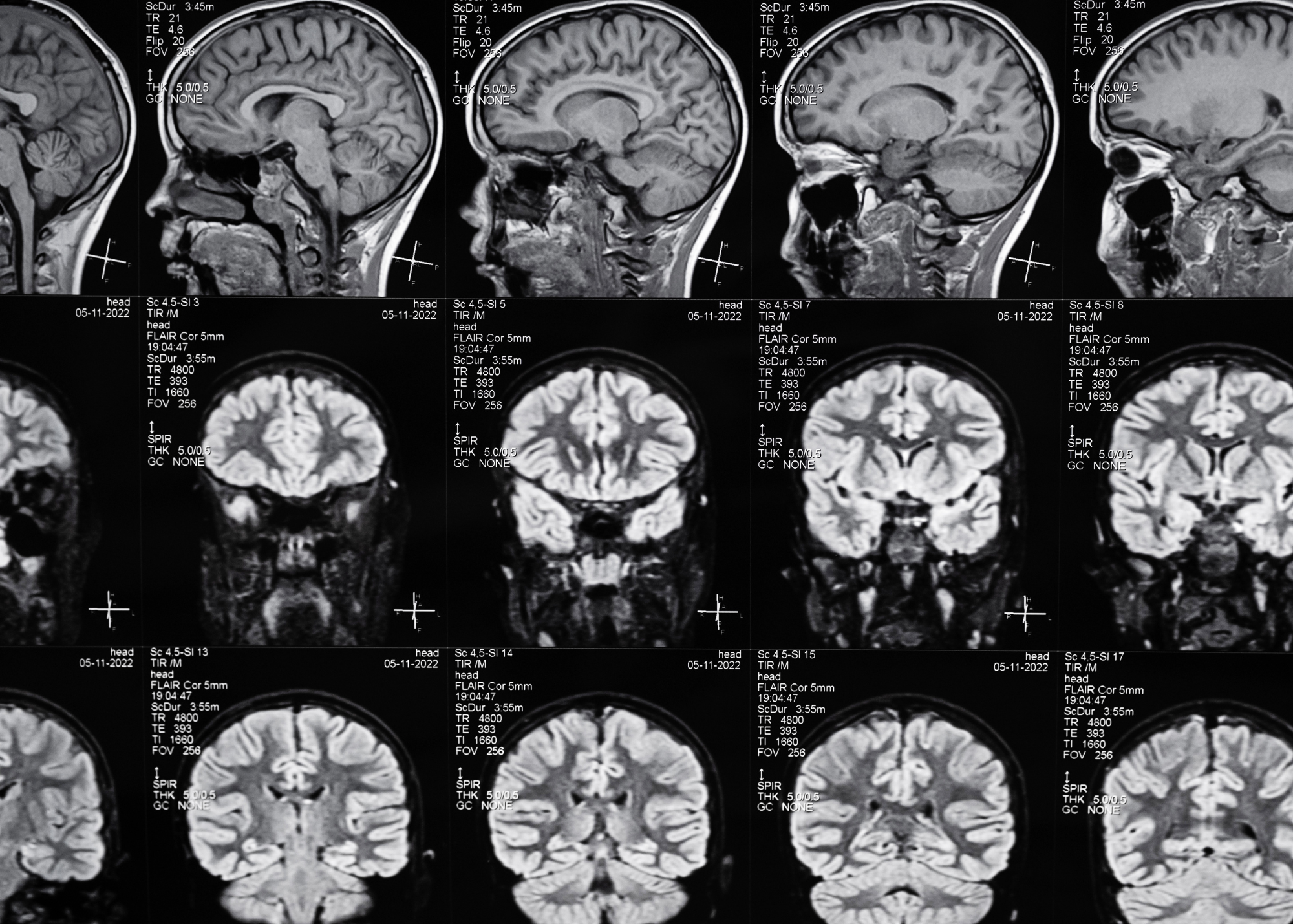Duke School of Nursing Faculty Support Brain Injury Awareness
The Duke School of Nursing (DUSON) works tirelessly to research and study brain-related issues, achieve healthcare breakthroughs, and highlight brain-related injuries. This was especially significant in March during Brain Injury (BI) Awareness.

Every year, at least 2.8 million Americans sustain a traumatic brain injury (TBI). While many people go on to make a full recovery, there are more than 5 million people in the U.S. living with a chronic brain injury-related disability – that’s one in 60 Americans.
When it comes to brain injuries, according to the Brain Injury Association of America (BIAA), there are two types: an acquired brain injury (ABI) and a TBI. ABI can be traumatic or non-traumatic that causes injury to the brain that is not classified as hereditary, congenital, degenerative, or induced by birth trauma. TBI is an alteration in brain function, or evidence of brain pathology, which is caused by external force or trauma.
BIAA unveiled a new, survivor-focused awareness campaign for 2024 Brain Injury Awareness Month. The “My Brain Injury Journey,” campaign aims to start a larger conversation about some of the lesser-known aspects of brain injury while acknowledging it’s unique and dynamic nature and empowering survivors and their loved ones to share their personal stories about navigating life after brain injury.
In participation, DUSON is sharing information, education, and resources focused on current faculty brain injury related studies including The Risk Stratification in Children with Concussion study and the BETTER TBI Transitional Care study.
Approximately one-quarter of the millions of American schoolchildren who suffer concussions each year experience persistent physical, emotional, and/or cognitive symptoms, affecting their quality of life, academic performance, social behavior, and psychological well-being.
Associate Professor Karin Reuter-Rice, Ph.D., CPNP-AC, FCCM, FAAN was awarded a grant by the National Institute of Neurological Disorders and Stroke to conduct a 5-year study titled, “Risk Stratification in Children with Concussion,” (RSiCC) to help children with TBI. RSiCC enrolls children ages 11-17 from across North Carolina communities to gather results to better understand potential social drivers that impact concussion outcomes.
Dr. Reuter-Rice said that she and her team are collecting important and meaningful information from children who have experienced a concussion that will help identify those who are at highest risk for persistent concussion symptoms. Being able to identify those children at highest risk will allow healthcare teams to develop more individualized therapies so that children can return-to-learn and play.
Black and Latino adults with mild-to-severe TBI face inequities in TBI-related consequences, demonstrated by higher incidence and hospitalization rates, and worse cognitive, physical, behavioral, and emotional impairments more than 12 months post-discharge compared to Whites.
Associate Professor Tolu Oyesanya, Ph.D., RN, was also awarded a grant from the National Institute of Nursing Research (NINR) to conduct a 5-year study titled, “A Randomized Controlled Trial of Brain Injury, Education, Training, and Therapy to Enhance Recovery (BETTER), A Transitional Care Intervention, for Diverse Patients with Traumatic Brain Injury and Their Families,” to examine the efficacy of BETTER (vs. usual care) among adults with TBI of various races/ethnicities who are discharged home from acute hospital care and families.
Dr. Oyesanya said The BETTER TBI Transitional Care Study is currently testing the effectiveness of a transitional care intervention that their team developed for English- and Spanish-speaking patients with TBI and their families. The intervention is culturally- and linguistically-adapted and designed to improve patient quality of life and decrease caregiver strain.
“We are currently enrolling by invitation at Duke University Hospital and hope to learn new knowledge to advance science on decreasing racial-, ethnic-, and language-based disparities and improve equity in TBI and patient and family outcomes,” Oyesanya said.
To share your brain injury journey and for more information, check out Brain Injury Awareness Month.